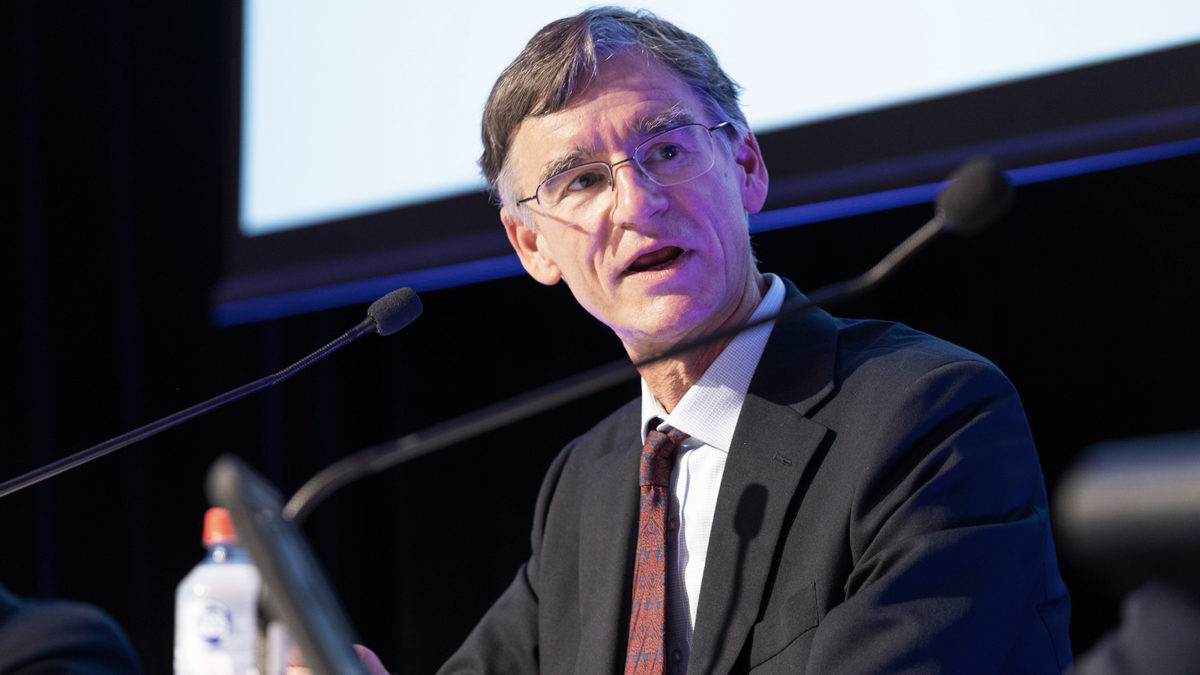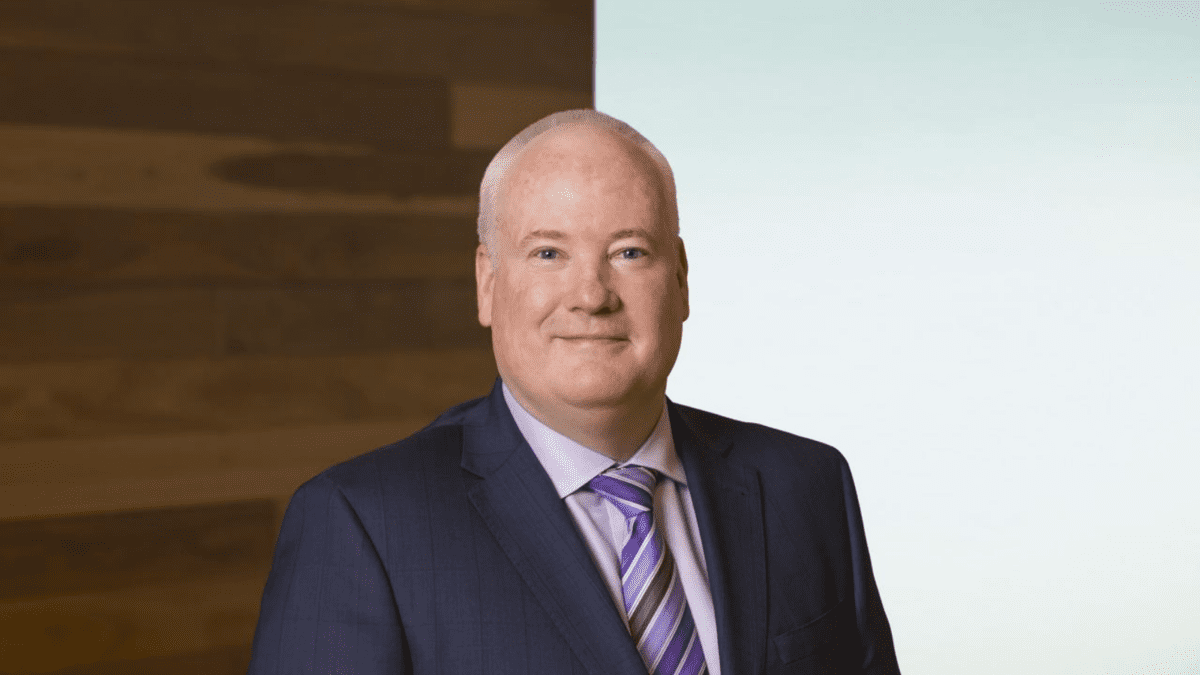BlackRock’s Larry Fink: a call to arms for long-termism
Laurence (Larry) Fink, the founder, chairman and chief executive of BlackRock, by far the world’s largest asset manager, has used his annual letter to corporate CEOs to stir the pot about holding a long-term course in a technologically and politically disrupted world.
Fink said that the vast majority of BalckRock’s clients were investing for long-term goals. The aim of his annual letter was to promote governance practices to maximise long-term value creation.
Last year he asked CEOs to communicate their companies’ strategic plans on an annual basis and affirm that their boards had reviewed the plans. This year, following the events of the past 12 months, many of the assumptions on which the plans were based had been upended. Corporate strategies, particularly for global companies, had to adapt.
He said in the letter: “Companies have begun to devote greater attention to these issues of long-term sustainability, but despite increased rhetorical commitment, they have continued to engage in buybacks at a furious pace. In fact, for the 12 months ending in the third quarter of 2016, the value of dividends and buybacks by S&P 500 companies exceeded those companies’ operating profit.
“While we certainly support returning excess capital to shareholders, we believe companies must balance those practices with investment in future growth. Companies should engage in buybacks only when they are confident that the return on those buybacks will ultimately exceed the cost of capital and the long-term returns of investing in future growth.”
Fink added that the private sector could not meet its goals without the support of government. This included tax reform, infrastructure spending and strengthening retirement systems.
Referencing the one-year capital gains tax rule in the US, which is also relevant in Australia, he said gains should receive [favourable] long-term treatment only after three years, and then a sliding scale after that.
If US tax reform includes incentives to bring back to the US cash trapped offshore, BlackRock would be looking for companies to explain what they would do with the cash. “Will it be used simply for more share buybacks? Or is it a part of a capital plan that appropriately balances returning capital to shareholders with prudently investing for future growth?” Fink asked.
While infrastructure investment could both improve productivity and create jobs, it was not a solution of the loss of jobs due to automation. US companies had to improve their training and education to compete for talent and fulfil their responsibilities to employees.
He said companies must add their voices to build a more secure retirement system for all workers, including those in small companies not covered by the existing system (in the US).
“We have a wealth of tools at our disposal: auto-enrolment and auto-escalation, pooled plans for small businesses, and potentially even a mandatory contribution model like Canada’s or Australia’s.”








